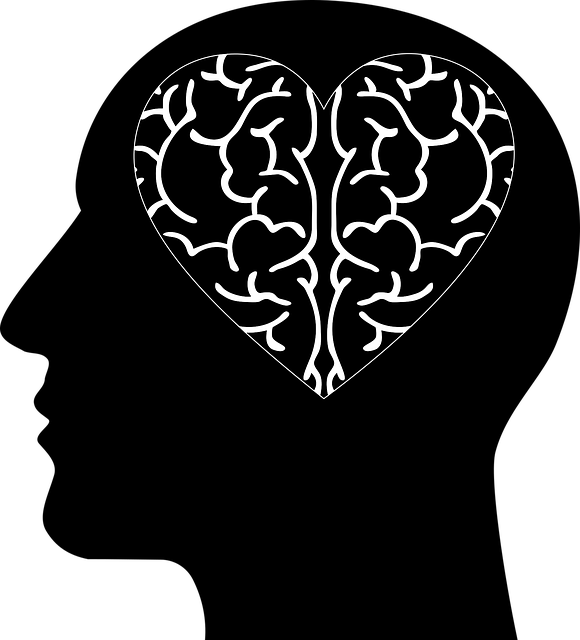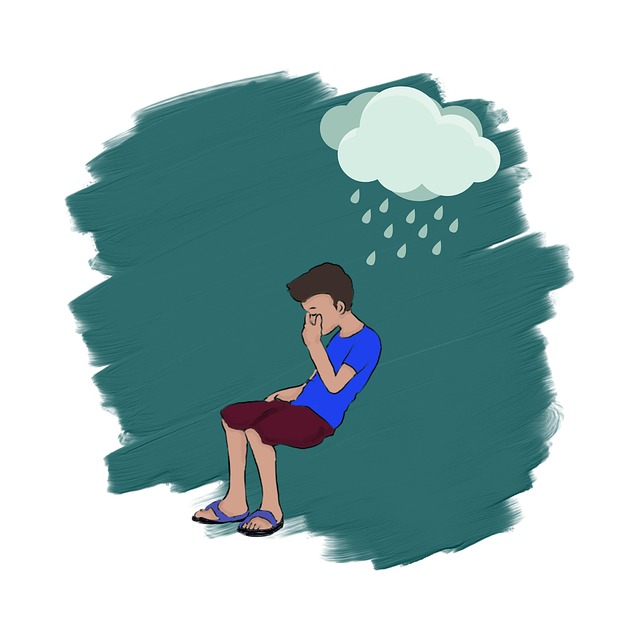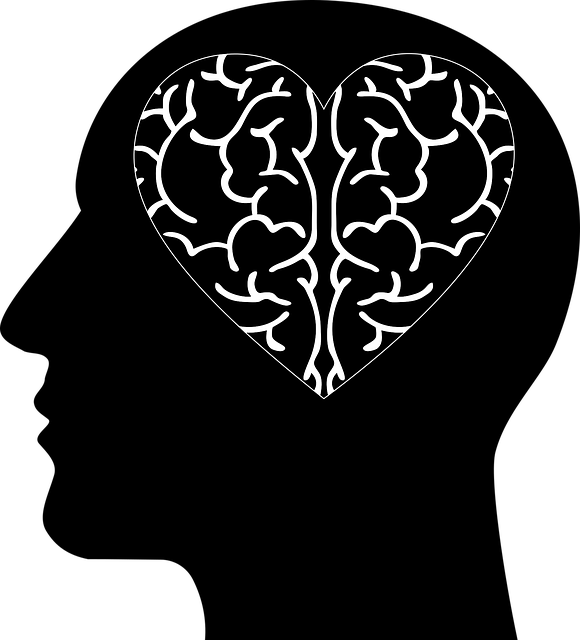Mental illness stigma profoundly affects individuals' well-being and recovery. Lone Tree Codependency Therapy tackles this issue through education, community engagement, and therapeutic approaches. They promote awareness, dispel myths, and empower people to seek help without judgment. Therapeutic methods focus on codependent patterns and building resilience. Community initiatives include workshops, support groups, and campaigns, fostering understanding and normalizing conversations around mental health. Lone Tree Codependency Therapy plays a vital role in creating an inclusive, supportive society for all.
Mental illness stigma is a pervasive barrier to healing and recovery. This article explores targeted efforts to reduce this stigma, focusing on education, awareness, therapeutic approaches, and community engagement. We delve into the profound impact of social perceptions on mental health, highlighting the need for understanding and compassion. Through evidence-based strategies like Lone Tree Codependency Therapy, we can foster supportive communities that promote healing and reduce the isolation often associated with mental illness.
- Understanding Stigma and Its Impact on Mental Health
- The Role of Education and Awareness in Reducing Stigma
- Therapeutic Approaches to Addressing Stigma and Promoting Healing
- Strategies for Community Engagement and Long-Term Support
Understanding Stigma and Its Impact on Mental Health

Stigma surrounding mental illness can have profound effects on an individual’s well-being and their journey to recovery. It often manifests as negative attitudes, beliefs, and stereotypes about people experiencing mental health challenges. This stigma can lead to social isolation, discrimination, and a reluctance to seek help, creating a barrier to accessing essential care. For instance, someone struggling with depression might internalize societal perceptions, believing they are weak or lacking willpower, which can hinder their progress towards mood management.
At Lone Tree Codependency Therapy, we recognize that understanding stigma is the first step toward change. By raising awareness and educating communities, we aim to challenge these misconceptions. Encouraging open conversations about mental health can help reduce the associated shame. Additionally, implementing effective risk management planning for mental health professionals is crucial to creating a supportive environment. Through confidence-boosting initiatives, we empower individuals to embrace their recovery journeys without fear of judgment, ensuring they receive the necessary support and care.
The Role of Education and Awareness in Reducing Stigma

Education and awareness play a pivotal role in dismantling the mental illness stigma, fostering an environment where individuals feel understood and supported. By integrating crisis intervention guidance into educational curricula, schools can equip students with the knowledge to recognize signs of distress and offer help without judgment. This early exposure normalizes conversations around mental health, breaking down barriers that often prevent those in need from seeking Lone Tree Codependency Therapy or other professional support.
Community outreach programs, workshops, and open discussions contribute significantly to mental illness stigma reduction efforts. They provide platforms for sharing accurate information about various mental health conditions, demystifying symptoms and treatment options. Such initiatives promote empathy and understanding, challenging societal misconceptions that often lead to marginalization and discrimination. Through increased awareness, individuals are empowered to advocate for their own or others’ mental wellness, creating a more inclusive and supportive social fabric.
Therapeutic Approaches to Addressing Stigma and Promoting Healing

In the battle against mental illness stigma, therapeutic approaches play a pivotal role in fostering understanding and healing. One innovative method gaining traction is Lone Tree Codependency Therapy, which delves into the intricate dynamics of interpersonal relationships and their impact on mental wellness. This therapy focuses on building resilience and promoting self-acceptance by addressing underlying codependent patterns. Through individualized guidance, clients gain insights into their behaviors and learn healthier ways to navigate connections with others, thereby reducing internalized stigma.
Complementing these therapeutic practices, engaging in activities like confidence boosting exercises and journaling can significantly contribute to stigma reduction efforts. The Mental Wellness Journaling Exercise Guidance, for instance, equips individuals with a powerful tool to track their emotions, challenges, and triumphs. Similarly, the Mental Wellness Podcast Series Production offers accessible resources, sharing diverse narratives and expert insights that challenge stereotypes and promote empathy. These combined strategies create a holistic approach, empowering individuals to take charge of their mental health and contribute to a more accepting society.
Strategies for Community Engagement and Long-Term Support

Community engagement is a powerful tool in the fight against mental illness stigma. By fostering open dialogues and educating the public through workshops, support groups, and awareness campaigns, communities can dispel myths and promote understanding. These initiatives, often led by mental health professionals like those at Lone Tree Codependency Therapy, empower individuals to share their experiences and advocate for themselves and others. This creates a network of support that extends beyond professional settings, providing long-term benefits for those dealing with mental health challenges.
Additionally, focusing on resilience building, communication strategies, and coping skills development strengthens the community’s collective ability to respond effectively. Encouraging open conversations about mental health normalizes these experiences, reduces fear and judgment, and encourages early intervention. Such efforts not only support individuals facing stigma but also cultivate a more inclusive and supportive environment for everyone within the community.
Mental illness stigma reduction is a multifaceted process that requires education, therapeutic approaches, and community engagement. By understanding the impact of stigma and implementing strategies like those offered by Lone Tree Codependency Therapy, we can foster a more supportive environment for those struggling with mental health issues. Through awareness campaigns, evidence-based practices, and long-term support systems, we can work towards breaking down barriers and promoting healing in our communities.














